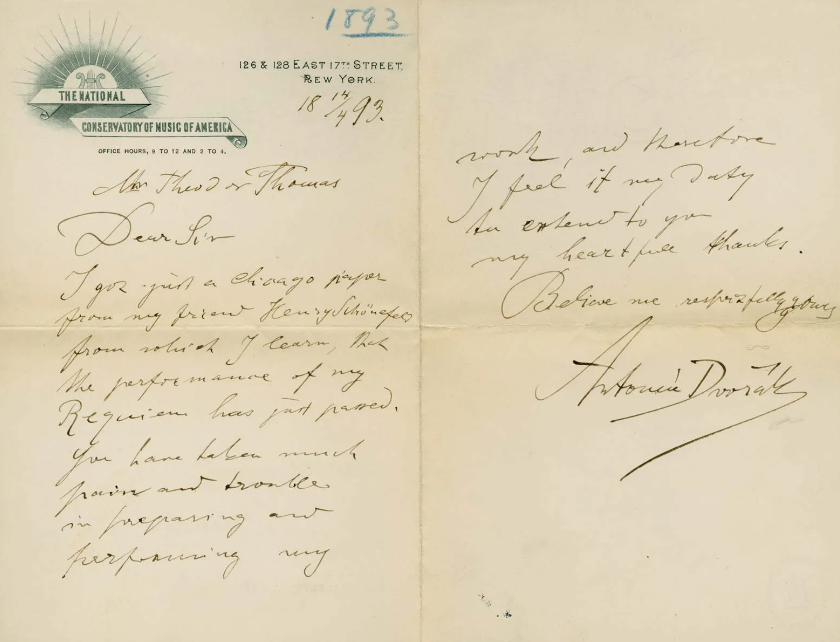Oldřich Kulhánek was a Czech artist and critic of the Communist Regime best known for his work on designing the current Czech banknotes. His career began in 1958 at the Academy of Arts, Architecture and Design in Prague. During his young life, his politically motivated art would get him arrested and the art almost destroyed since he negatively portrayed Communist leaders. After the collapse of the Soviet Union, Oldřich Kulhánek was once again free to express his views through his art and was tasked with designing the bills of the Czech Koruna.
Casanova's time in Bohemia
Giacomo Girolamo Casanova, a man whose name has become synonymous with womanizing, spent his final years and composed a rich autobiography in Bohemia. His life began in Venice, Italy where he spent most of his childhood, including the discovery of romance, with the daughter of Gozzi. Due to the trouble Casanova ran into in Venice, he eventually settled in Prague, where he met Wolfgang Amadeus Mozart.
Antonin Dvořák
The Life and Compositions of Antonin Dvorak, who had a great talent for melody and including Czech culture in his music, created works of art that captivated his listeners. His life’s work began at the age of 12 when he studied harmony, the piano, and the organ to write Polka music. As his skills grew, so did his network of famous and accomplished fellow musicians, including Johannes Brahms and Tchaikovsky.
Hans Krasa and Terezin
Born in 1899, Krasa was a young musical prodigy who composed his first songs at the age of ten. By the age of 39, he would compose his most famous song, Brundibar. By the age of 40, in 1939, the occupation of Czechoslovakia by Nazi Germany took place. After their occupation, Krasa was arrested by the Nazis and deported to the Terezin concentration camp, forced to compose as a part of a propagandic smokescreen.







